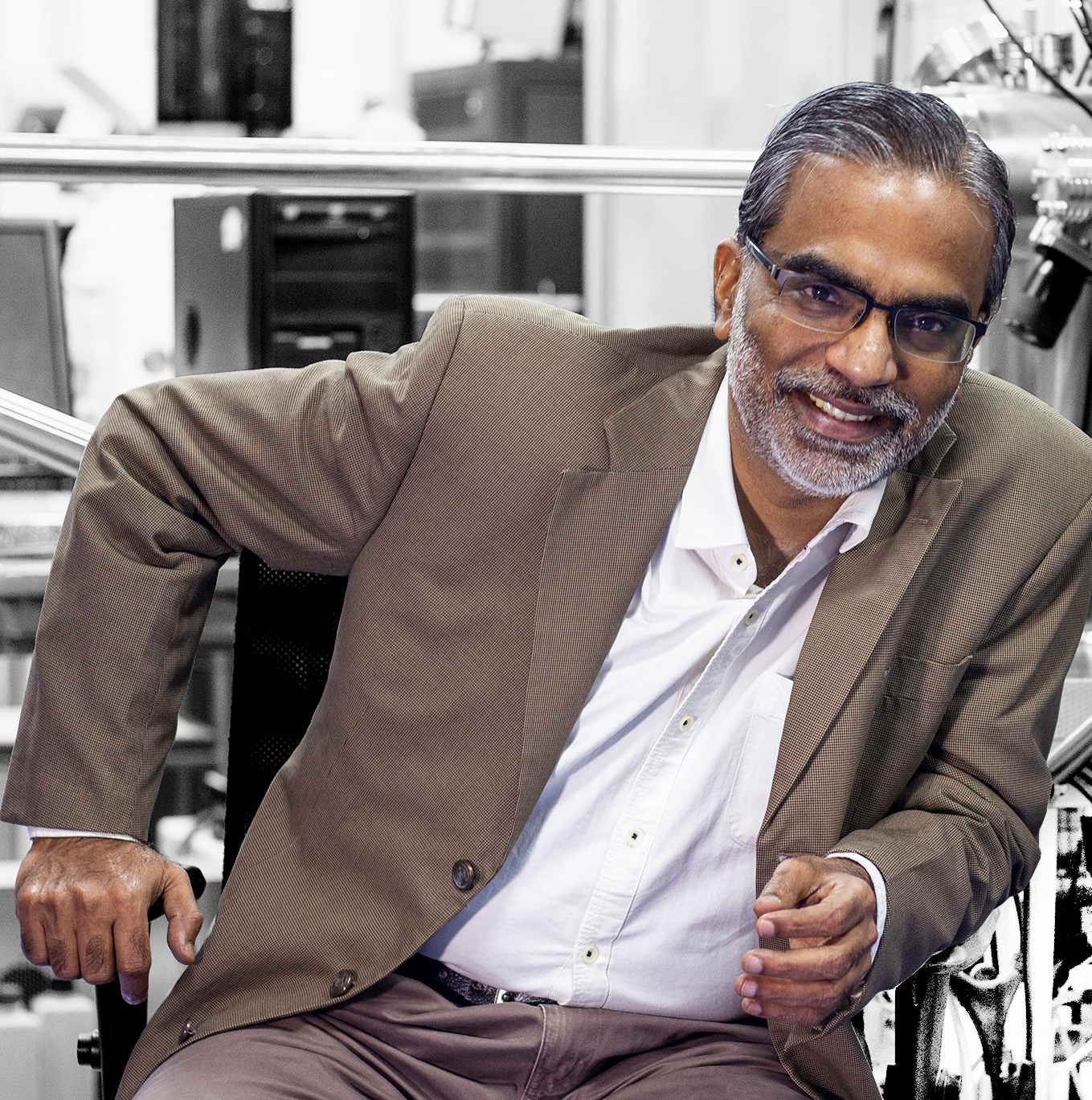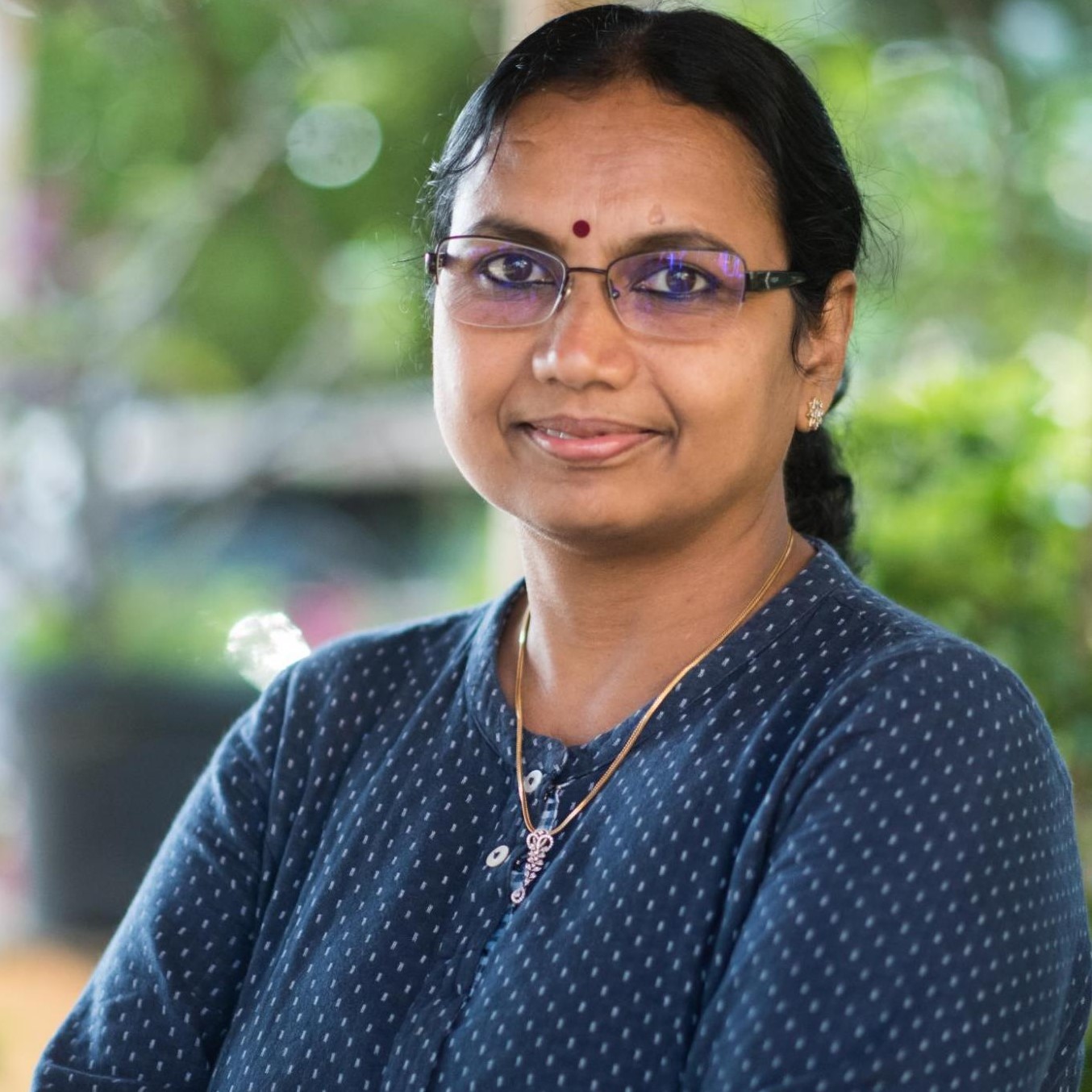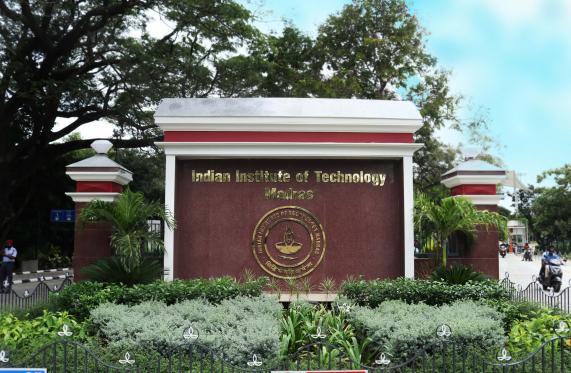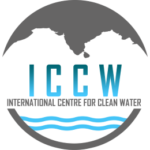An International Conference on
12 - 14 Dec 2024
Organised by
Indian Institute of Technology Madras
Conference Description
This international conference on Water for Life-2024 is 2nd in the series. This conference will be held from December 12-14, 2024 at IIT Madras, Chennai, India. This conference is sponsored by IIT Madras.
Our initiative to organize the “Water for Life” conference series is aimed at providing a comprehensive forum to address water-related challenges, such as clean water, wastewater, recycling and reuse, sensing and monitoring, watershed management etc., which are beyond disciplinary boundaries. Innovations in water will create new opportunities for the young, and open avenues for the existing companies as well as startups to work on exciting themes around water. The objective of this conference, as in the inaugural conference of this series, is to bring together pioneering researchers, innovators and industrialists who have made an impact in diverse areas around water, to learn from them, to engage with them in the years ahead, and to mark IIT Madras as an important global location in this area.
The first conference in this series was held during December 15-17, 2022 (https://waterforlifeiitm.org), and esteemed speakers such as Prof. R. N. Zare (Stanford University), Prof. Rahul Raveendran Nair (University of Manchester), Prof. Hadas Mamane (Tel Aviv University), Prof. Kartik Chandran (Columbia University), Prof. Amit Gross (Ben-Gurion University of the Negev), Dr. Samuel Chigome (BITRI, Botswana) along with several Indian experts such as Prof. Pradeep, Prof. Ligy Philip, Prof. Balaji Narasimhan, Prof. Boby George, Prof. Abhijit Patra, Prof. L. Elango, Dr. Mahesh Gupta, Prof. C. Subramaniam, Dr. Chaitanya Lakshmi Indira, and many others participated in the conference with their invaluable insights and expertise
Following the success of the previous conference (Water for Life-2022), we are sure that this year’s event will continue to serve as a platform for the convergence of ideas of researchers, innovators, and industrialists related to various aspects of water. The aim is to inspire collective action towards addressing the multifaceted challenges associated with water.
Organizing Institute
IT Madras is a public, technical, and research university, responsible for academic activities which include Teaching, Research, and Industrial Consultancy. It is located in Chennai, India. It has been the top-ranking engineering institute in India for the past 7 years in the NIRF (National Institutional Ranking Framework) Rankings since this ranking system was announced in 2015, by the Ministry of Human Resource Development (MHRD).
Conference Secretariat
Conveners, Water for Life Conference 2024

Thalappil Pradeep
Thalappil Pradeep is an Institute Professor at IITM. He is the Deepak Parekh Institute Chair Professor and is also a Professor of Chemistry. He studied at the University of Calicut, Indian Institute of Science, UC Berkeley, and Purdue. His research interests are in molecular and nanoscale materials, and he develops instrumentation for such studies. He is an author of over 525 scientific papers in journals and is an inventor of 125 patents or patent applications. In addition to the work on advanced materials, he is involved in the development of affordable technologies for drinking water purification and some of them have been commercialized. His pesticide removal technology is estimated to have reached about 10 million people. Along with his associates, he has incubated seven companies and three of them have production units. His arsenic removal technology, approved for national implementation, is delivering arsenic free water to about 2 million people every day. He is a recipient of several awards including the Shanti Swaroop Bhatnagar Prize (2008), The World Academy of Sciences (TWAS) prize in Chemistry (2018), Padma Shri (2020), Nikkei Asia Prize (2020) and Prince Sultan Bin Abulaziz International Prize for Water (2022). He is a Fellow of all the science and engineering academies of India, Royal Society of Chemistry, TWAS, and American Association for the Advancement of Science. He has written several books and is part of over ten scientific journals and is an associate editor of ACS Sustainable Chemistry & Engineering. He has authored popular science books in Malayalam and is a recipient of Kerala Sahitya Akademi Award for knowledge literature. He has received the Lifetime Achievement Research Award of IIT Madras and Distinguished Alumnus Award of Indian Institute of Science. As part of his philanthropic activities, he supports a school in his village where ~500 students are on rolls.
Thalappil Pradeep
Department of Chemistry

Ligy Philip
Prof. Ligy Philip is Institute Chair Professor in Department of Civil Engineering, IIT Madras. She is a Fellow of National Academy of Engineers (FNAE) and Fellow of Royal Society of Chemistry (FRSC). For more than two decades, Prof. Ligy Philip has been contributing significantly to advancing the knowledge in the area of Environmental Engineering, and for the betterment of society through field and industry oriented projects. She has conducted high quality research on treatment of industrial effluents from highly polluting industries, bioremediation of contaminated soils and groundwater, novel processes for drinking water treatment, and sustainable management of waste. Technologies developed by her have been successfully utilized by several industries and NGOs. She has provided consulting services to a large number of industries in the area of pollution monitoring and control. Reputed international organizations such as Bill and Melinda Gates Foundation utilize her expertise in the area of sanitation. She has served as a member of many expert committees set up by National Green Tribunal, Tamil Nadu Pollution Control Board and Kerala Pollution Control Board, and is member of several high-level committees of DST. She also has executed many socially relevant projects. Sustainable water and waste management projects are implemented in five villages. The technologies developed by her group were implemented in these villages.





